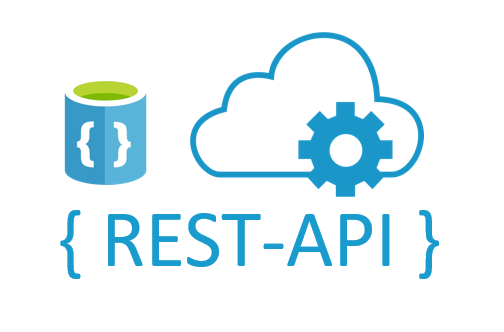In today's fast-paced business environment, the ability to exchange data efficiently with external systems has become essential. REST API, a widely adopted technology, provides a robust solution for this purpose. In the context of IFS ERP, we'll explore how REST API facilitates both synchronous and asynchronous data communication and how it can be leveraged to handle not just transactional data but also attachments.
**1. REST API in IFS ERP**
REST API stands for Representational State Transfer Application Programming Interface. It serves as a bridge for communication between IFS ERP and external systems. IFS Connect is the key component enabling this interaction. One can also access IFS ERP via REST API using OAuth2 authentication, ensuring secure data exchange.
**2. Handling Transactional Data**
The primary role of REST API in IFS ERP is to facilitate the exchange of transactional data. This data can include orders, invoices, customer information, and more. The REST API endpoints provided by IFS ERP make it easy to send and receive such data in real-time.
**3. Managing Attachments**
While transactional data is crucial, there are instances where attachments, such as documents or images, need to accompany this data. For instance, sending attachments from IFS ERP to SAP requires a specific approach.
**4. Converting Attachments to Base64**
To send attachments through REST API, we first convert them from their native blob format to Base64. In IFS ERP, this conversion can be achieved using a predefined standard procedure: `BATCH_PROCESSOR_TEST_API.FROM_BASE64___`. This procedure accepts Base64 data in CLOB format and efficiently converts it into a blob.
**5. Consider Background Processing**
It's important to note that the conversion process may sometimes take time, especially when dealing with large attachments. To optimize performance, consider running the conversion procedure as a background job. This approach can be particularly useful when database capacity is a concern.
**6. Receiving Attachments**
On the receiving end, the external system will provide attachments in Base64 format. To work with these attachments within IFS ERP, you can use the procedure `BATCH_PROCESSOR_TEST_API.To_Base64___`. This procedure accepts Base64 data in CLOB format and converts it back into a blob, making it accessible within the IFS application.
**7. Get in Touch for Support**
Implementing REST API for data exchange, including attachments, in IFS ERP can enhance the efficiency of your business processes. If you need assistance with the implementation of the procedures mentioned above or have any questions regarding REST API integration, please don't hesitate to contact us. Our team of experts is here to help you achieve seamless data exchange in your IFS ERP environment.
In conclusion, REST API in IFS ERP offers a versatile solution for handling both transactional data and attachments, ensuring smooth communication with external systems. By utilizing the provided procedures effectively, you can streamline your data exchange processes and enhance your overall ERP experience.
_kojVjwT.png)




0 Comments
Leave A Reply